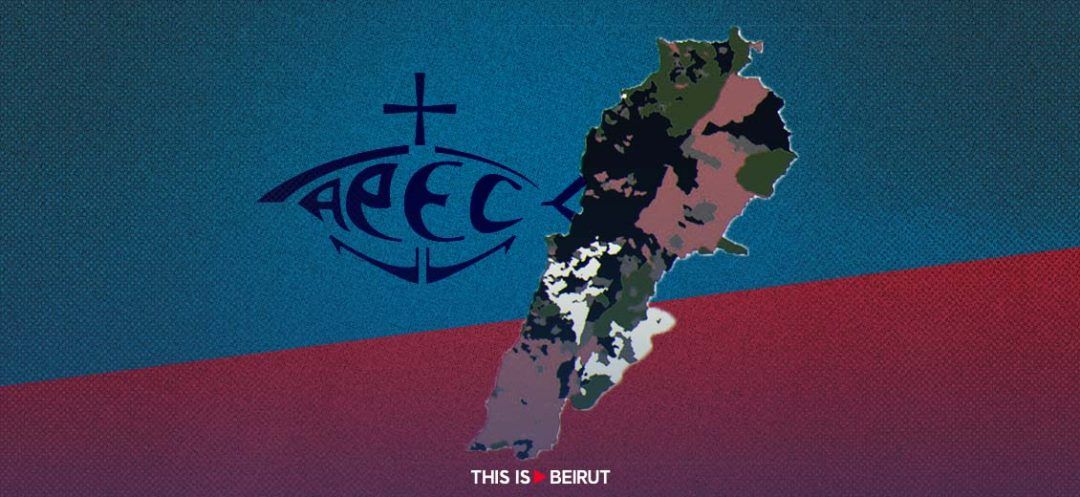
Georges Naccache's insight holds weight. Two negations do not form a nation. The proof! A plethora of negations wouldn't suffice to form one either. For Lebanon to attain nationhood, it requires numerous affirmations, notably an authentic Christian affirmation. The Assembly of the Catholic Patriarchs and Bishops in Lebanon recently convened a day dedicated to listening and discernment, fostering more participatory action within the assembly.
The imperative for coordination among the diverse commissions within this organism, as well as between the Assembly of the Catholic Patriarchs and Bishops in Lebanon and the several synods of each Church, has become evident. Fortunately, the Catholic Churches in Lebanon are awakening to the need to work together to become the dough’s “right leaven.”
This awareness is evident, especially as the Maronite patriarch himself expresses deep concern about the “moral collapse” within the Maronite community, where demands for marriage annulments are skyrocketing. The family is in danger, with the patriarch recognizing it as just one facet of a broader moral collapse. “Are the Maronites even Christians?” questions an exasperated bishop familiar with the political reality. Do we have the capacity to forgive? Are we able to talk to each other and to set aside our own interests in order to serve the general interests?
The current mental “divorce” experienced by certain political groups should warn about the potentially irreversible consequences of their actions. There is certainly no question of simply likening the protagonists of the crisis or assigning them equal responsibility for the burdens that weigh upon us. Hezbollah, in particular, must evaluate not only the benefits ensured by its weapons, but also what they deprive it of.
Let each individual carefully weigh the consequences of their actions so that we do not jeopardize our will to coexist and, thereby, Lebanon as a whole.
As an eminent expert in argumentation, Paul Ricoeur delves into the concepts of coexistence and compromise in his book “Philosophie, Ethique et Politique” or “Philosophy, Ethics, and Politics” (published by Seuil), offering insights that speak directly to us.
“No constitutional system can sustain itself without the continuous will to coexist, which is an every-day endeavor, even if it is forgotten. When this resolve collapses, the entire political organization falls apart very quickly (…) The city never exists through the inertia of its institutional system solely (...) We are responsible for the continuity and renovation of this will,” he says in his work.
Ricoeur continues, "Compromise is far from being a weak idea; rather, it is an extremely strong one (...) The common good cannot be attained without compromise among strong, albeit rival, references.” He adds that “compromise stands as a barrier between agreement and violence. (…) We could even argue that compromise serves as our sole response to violence in the absence of an order recognized by all, and is somewhat unique in its references.”
Some rejoice in envisaging a “two-state solution” for Lebanon as well. Federalism is the latest phantasm of Lebanon's Christians, who refuse to remain at the mercy of Hezbollah. In hindsight, and acknowledging the presence of an embryo of Syria within Lebanon, one must understand the following: The Lebanese must remain united, or their very existence will be endangered.
Read more



Comments